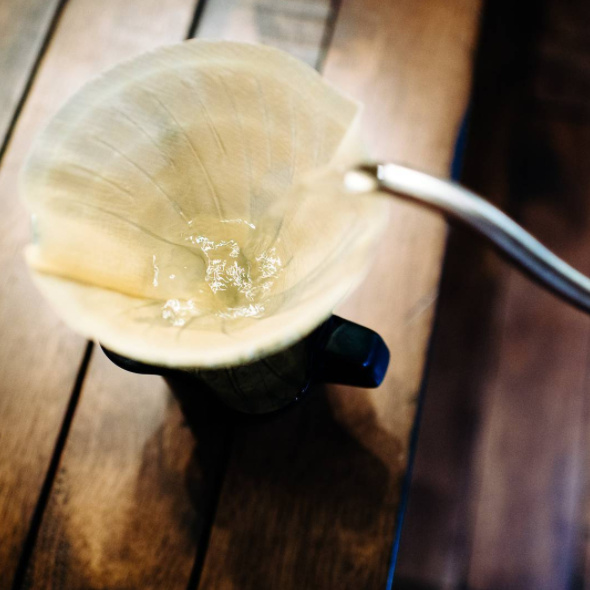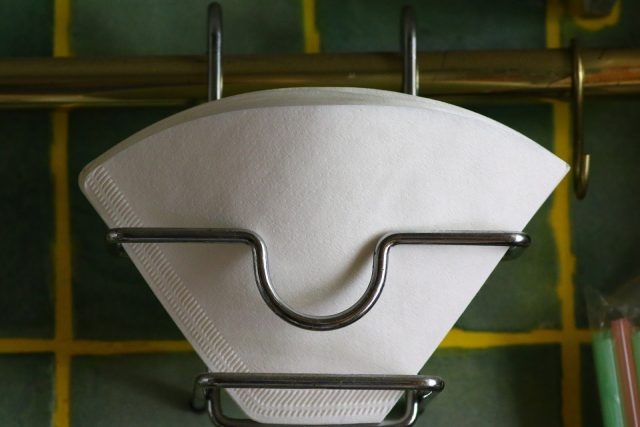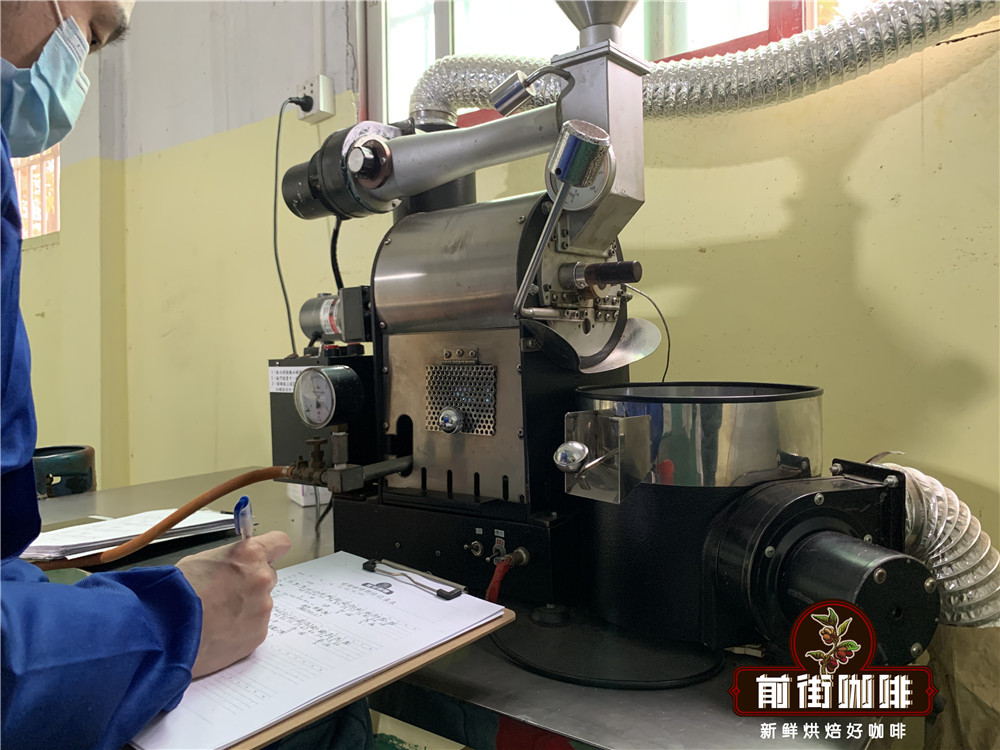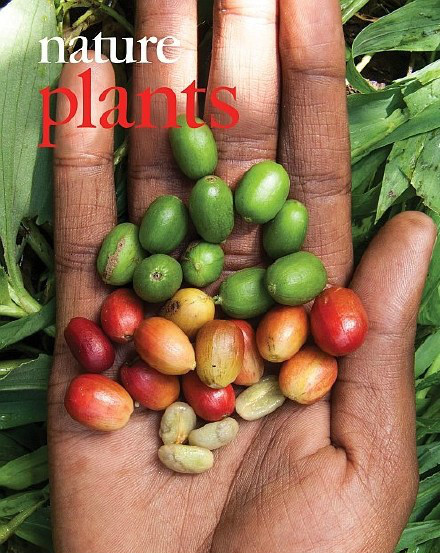Filter paper comparison: bleached vs unbleached, how to remove the smell of the paper?
Coffee filter paper is essential for tasting delicious coffee. Should you buy bleached or unbleached ones? What can you do to avoid the paper taste of your coffee? Is there anything else you should pay attention to? Please read carefully to find out the answer.
The Origin of Paper filter
Cloth filters ("socks") have been around for a long time, and coffee filter paper did not appear until the beginning of the twentieth century. In Dresden, Germany, a housewife and enthusiastic coffee drinker Melitta Bentz is tired of finding reasons in coffee. She knew there had to be a better and easier way to filter her coffee extract.
After trying different materials and methods, she finally decided to try her son's blotting paper. She cut a piece, put it in a metal cup, added coffee powder, and poured it into the water. Then she applied for a patent.
On July 8, 1908, coffee filter paper was granted the patent "Filter Top Device". In December of the same year, Mrs. Bentz founded Melitta Bentz.
Today, coffee lovers drink in a variety of ways, all of which require filters. While some people use coffee socks or gold filters, most of us choose bleached or unbleached paper.
But which one is better?
Bleached coffee filter paper:
The main difference between bleached and unbleached coffee filter paper is that the bleached coffee filter has been whitened. This can be done with a small amount of chlorine or something called oxygen bleaching.
Despite concerns in the 1980s that chlorine bleaching filters might be dangerous, it is now widely believed that they can be safely used to extract coffee. In addition, the bleaching process does not add any flavor to the drink.
However, people are still worried about its impact on the environment. In fact, a study published in 2012 in the Journal of Environmental Engineering and Management found that chlorine decolorization was the "most important environmental problem" for pulp and paper mills. In contrast, oxygen bleaching requires less manufacturing and is better for the environment. All major filter brands are aware of the bleaching methods they use in packaging.
Unbleached coffee filter:
Unbleached filters are not as bright white as their bleached equivalents, but they are slightly better for the environment. This is because they don't need much processing.
Most of the daily paper you see and use is bleached. Paper is naturally brown (after all, it comes from a tree). Unfortunately, if you use an unbleached filter or coffee maker without rinsing, you may taste the flavor of the paper.
Having said that, you can also get paper flavor from bleached coffee filter paper, depending on the quality. Regardless of the brand or manufacturing method, it is always a good idea to wash the filter paper before use.
How to remove the smell of paper
Flushing paper filters will help avoid unpleasant paper flavors in coffee while preheating your brewing equipment. Here's how to do this:
Put the filter paper in the cooking equipment
By dumping the hot water preheating filter on it (make sure it doesn't leave a gap! )
Pour out the water
If necessary, please rinse again
Start making coffee.
Most filter paper should be easy to use after a flush, but some may need a second time (especially if you have a sensitive sense of taste). What if there is still a paper smell after the second rinse? Change the brand of filter paper.
Quality and thickness
Although we have been comparing bleached and unbleached filter paper, you should keep in mind that this is not the only difference. The quality of the filter paper is also important to ensure clean coffee profiles and good brewing flow. It's even a little trivial here, and it may have a significant impact on your drink.
In addition, be sure to select the size filter that suits your extraction method and pay attention to the thickness. Too thin filter paper will make the water flow too fast, while thicker ones may cause more oil to be discharged from it. If you want to buy thicker filter paper, please be prepared to pay a little more. Fortunately, the price difference is very small.

So what kind of filter paper is better?
It depends on what you like: the influence of taste or environment.
If you want to be more environmentally friendly, please buy high-quality unbleached filter paper and rinse it before use. On the other hand, if you are worried that your coffee may have a paper flavor, you can either double bleach or choose bleaching-the ideal oxygen bleached filter paper.
Oh, remember that quality is important! A cheap bleached filter paper may add as much paper flavor as your coffee, and if you can, choose high-quality unbleached filter paper.

Important Notice :
前街咖啡 FrontStreet Coffee has moved to new addredd:
FrontStreet Coffee Address: 315,Donghua East Road,GuangZhou
Tel:020 38364473
- Prev

Coffee roasting degree shallow roasting deep roasting stage difference between roasting degree and acidity of coffee beans
Professional barista communication please follow the coffee workshop (Wechat official account cafe_style) Coffee roasting degree introduction: shallow roasting stage (city+): fruit acid baking point: the first explosion is completely over flavor characteristics: this stage has a high proportion of sour factors, so the brightness of sour taste is the highest; at this time, the aroma and flavor components of coffee beans are retained the most, so you can smell more pungent flavor.
- Next

The difference between wet treatment and wet planing, Sumatra's unique Wet-Hulling treatment.
Sumatran Coffee in July 2016, Ken Davids and I did a cup test of 27 Sumatran coffees, which opened up a whole new world of coffee flavor for me. I have been testing coffee cups for less than a year. Because of my background in food and wine writing, it should not be difficult to enter the coffee world. Of course, I need to accept the coffee cup test major.
Related
- Beginners will see the "Coffee pull flower" guide!
- What is the difference between ice blog purified milk and ordinary milk coffee?
- Why is the Philippines the largest producer of crops in Liberia?
- For coffee extraction, should the fine powder be retained?
- How does extracted espresso fill pressed powder? How much strength does it take to press the powder?
- How to make jasmine cold extract coffee? Is the jasmine + latte good?
- Will this little toy really make the coffee taste better? How does Lily Drip affect coffee extraction?
- Will the action of slapping the filter cup also affect coffee extraction?
- What's the difference between powder-to-water ratio and powder-to-liquid ratio?
- What is the Ethiopian local species? What does it have to do with Heirloom native species?

